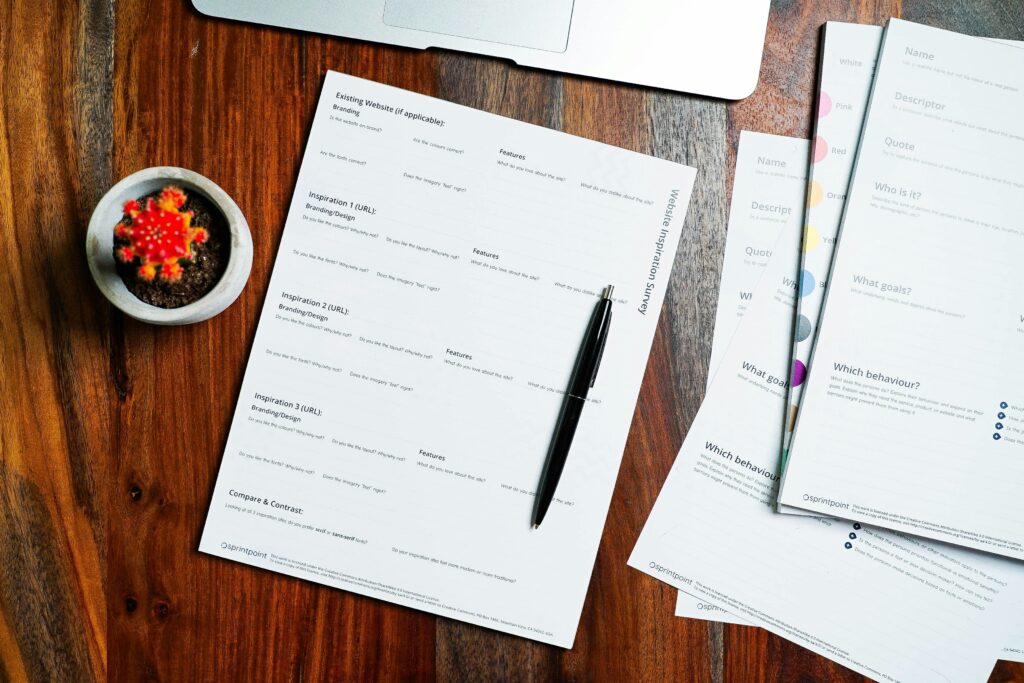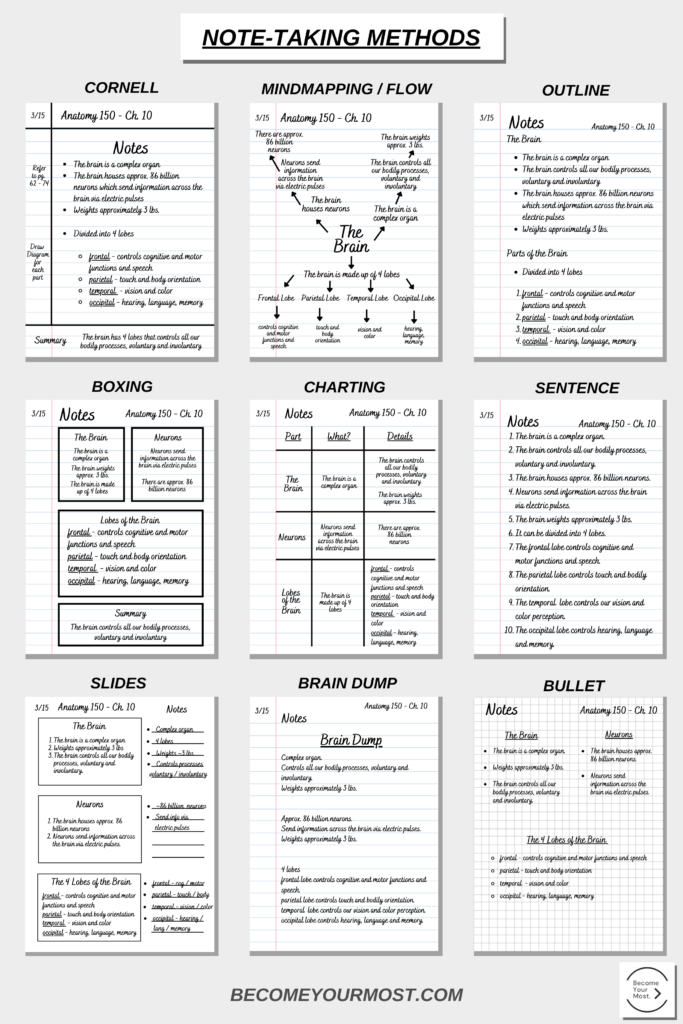Exam season is fast approaching, and instead of putting off studying to the last minute and risking drawing a blank in the exam hall, why not start preparing well in advance? The earlier and more time you put into exam preparation, the less anxiety and overwhelmed you will feel as the big day approaches.
It has become a culture here at Afterbreak to explore proven study techniques to ensure you set yourself up for success. Here are some study tips you can implement today to begin preparing for your exams:
Gather information
Collect and go through all the tests, assignments, quizzes, tutorials, etc. Going through and reading or practicing them all slowly and thoroughly will serve as revision and give you an idea of how the exam questions will be set. Quizlet is a great resource for revising, as they offer you flashcards that you could also study with.
Also, try and get your hands on past question papers because practicing those will reduce exam anxiety, and the more papers you go through and answer, the more you know where your weak spots are, so you can focus more time on those topics. If you can’t find exam papers, create them using the study guides, tests, and scope.
You could then time yourself, so if the actual exam is 3 hours long, set a timer for 2 or 2.5 hours and see if you could complete the exam ahead of time. This will give you an indication of how you should pace yourself on exam day.

Group study
The slippery slope with group study is that students often end up gossiping and doing little reading. However, with the right motivation and discipline, this can be a very productive study method. You could also make it interesting, where each person takes turns teaching a topic to the rest of the group and the others ask questions they don’t understand. This way, you get information from different perspectives, and you always end up knowing more than what is in the textbooks.

Divide and conquer
Break down large chunks of information into smaller, digestible parts. For example, if it is a history exam, then the main topic could be ‘World War I’, and under that, you have the events that led to it, important people to know, dates, countries involved, and treaties signed. If it’s a project management exam, then you can divide the course content into definitions, factors, models, and phases.
Dividing your work enables you to learn smaller pieces of information quickly instead of taking on the entire module at once. Plus, it also makes it easy to revise because you can troubleshoot which area you should focus more on because, chances are, you are good with your definitions but need to spend more time perfecting the models.
Master your emotions and work on your anxiety because I truly struggled with it during exams. The cause of my anxiety is the fear of failure and underestimating my capabilities, so I wouldn’t study because I was too afraid. I have now mastered that, and learned that if I study, I will pass!
Tjiuua Mbemukenga, Dentistry student at UNAM
Take effective notes
There are many methods of notetaking, such as the Cornell method, which involves dividing your page or book into three sections: notes, cues, and summaries. You write what the lecturer says in the notes section during class; keywords or questions go under cues because, if you pay attention, the questions your lecturer poses in class usually relate to what you can expect in the exam.
And under summary, you highlight what the unit was about. You could also look at the flow-based method, which is perfect for visual learners and works wonders for subjects where information is interconnected, such as biology.

All students dread exam season, but with the right motivation and preparation, you can rest assured that you will come out on the other side with a smile on your face. Study consistently, don’t undermine the need for rest, and maintain a healthy lifestyle especially during this time. Here are more resources to ensure you ace your IGCSE, AS, and A-level exams. We wish you all the best of luck!



